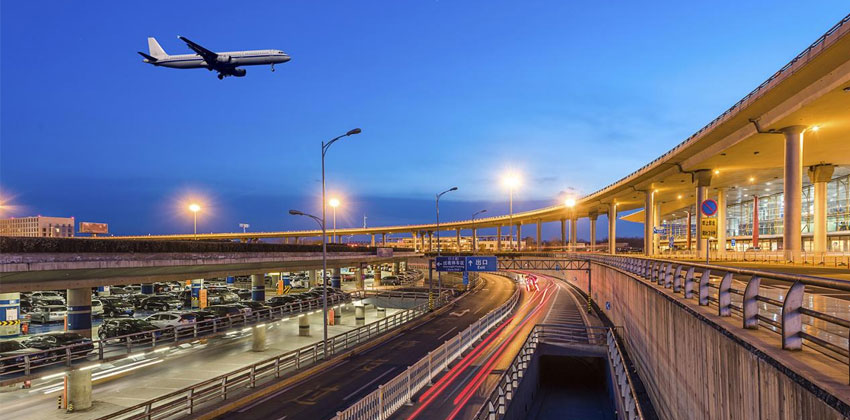China to emerge as the world’s largest air travel market by 2020

Despite its recent economic slowdown, air travel demand in China remains high and the country is expected to become the world’s largest air travel market by 2020, according to Beroe Inc., a procurement intelligence firm.
Meanwhile, global airline prices are expected to grow by 2.6 per cent with an increase in oil prices, competitive pressure from the shortage of pilots, potential trade wars, and increasing fare segmentation to improve yield.
“Chinese economy witnessed a recent slowdown, but is expected to remain the largest business travel market, with a sustained high growth rate. However, growing trade tensions between China and the U S could potentially impact the business travel between the two countries,” Beroe Inc’s Valekumar Krishnan, Practice Head — APAC and Middle East.
The global market for corporate travel is anticipated to grow at a CAGR of 5-5.5 per cent to reach a net value of $1.7 trillion by 2021. The travel and expense market is also projected to reach $2.5 billion by 2020, with Concur expected to be the leading market player. Factors such as a need for enhanced operational efficiency, visibility, and transparency are the major growth drivers, the report suggested.
Key Findings:
* Many air carriers are now modernizing their fleet to incorporate more fuel-efficient aircraft.
* Increase in environmental concerns are incentivising car-rental agencies to add eco-friendly cars.
* TMCs are expanding their geographical presence by entering new markets, either through direct engagement or through partnership.
* Car rental companies are facing strict competition from companies such as Uber and Lyft, as they offer easier and more flexible tariff rates to travelers.
* Air travel market in North-America is expected to experience a price increase of 1.8 percent in the near future.
* Most large companies are deploying travel and expense management software to manage and audit expenses related to travel and entertainment.
* Mobile technology has had a significant impact on the global corporate travel industry, fueled by an increased smartphone adoption and internet penetration.



